Activities
Current Projects
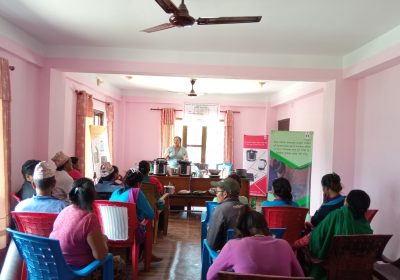
Promoting Electric Cooking in Nepalese Households
The project aims to promote electric cooking in collaboration with local governments and relevant e-cooking stakeholders. It targets to reduce the dependency of rural households on fuelwood thereby avoiding deforestation methods and increasing electricity consumption. Adequate capacity development is encouraged at both household and different levels of government to boost...
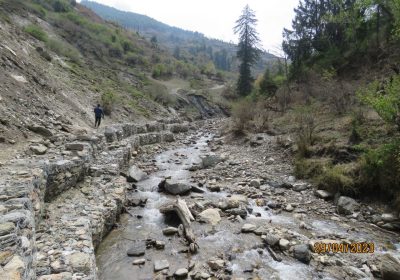
WISIONS Innovation Lab in Nepal
The rural communities can generate increased income and food security from diversified agriculture and on and off farm activities via proper linkages between energy and landscape level management solutions alongside effective and adequate collaboration and joint investment by local government and local communities. The objectives of the project: - Establish...

Climate Resilient Communities and Sustainable Livelihood Initiatives for Pro-Poor of Dolakha district of Nepal (Phase III)
The project aims to enhance adaptive capabilities of targeted communities viz. women and children, marginalized commuities, Dalits and ethnic minorities against adverse effects of climate change. Moreover, it also aims to enhance agri-entrepreneurship skills, climate -resilient agricultural techniques and innovation in irrigation methodologies among targeted communities. The project is currently...

Demonstration of effective landslide management through on-sight solutions
The project aims to demonstrate effective management of landslides via the use of local resources, application of indigenous knowledge and adoption of Sloping Agricultural Land Technology (SALT) and bio-engineering techniques. Through this initiative, the project aims to strengthen capacities of local government and communities to implement social innovations and mobilize...
Previous Projects
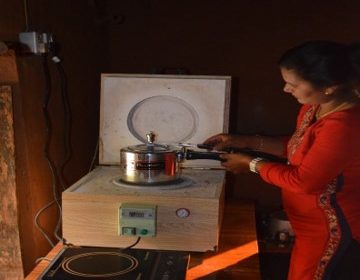
Understanding the Manufacturing and Upscaling Potential of E-Cooking Stoves in Nepal
The main objective of this research is to establish a pathway that facilitates production of e-cookers in Nepal. The project is funded by WWF Nepal. The specific objectives are: • Identify and examine successful cases of production of e-cookers devices globally and locally • Identify key potential stakeholders in e-cooking...
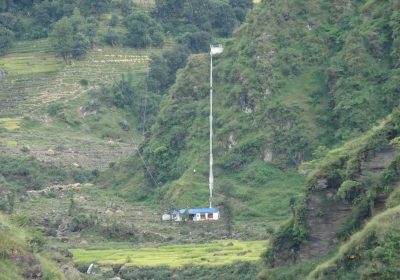
Why Micro-hydro fails: Investigation into Poor Performance of Micro-Hydropower Plants in Nepal
This project will be carried out jointly by University of Bristol (UoB) and University of Coventry, UK and the People, Energy and Environment Development Association (PEEDA). The aim of this project is to understand the reasons behind poor performance and failure of MHP plants in Nepal. A field Study will...
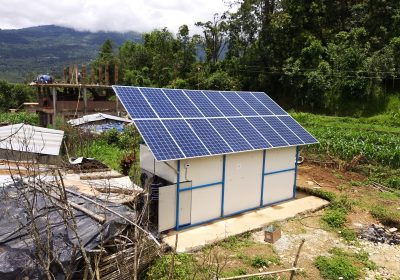
Improving Agricultural Profitability with Solar Powered Mobile Cold Storage for Small Farm Holders
The project is envisioned to be implemented in Baiteshwor Rural Municipality, Ward No. 3 (Earlier Mirge VDC) of Dolakha district. In the present context, in the absence of cold storage and related cold chain facilities, the farmers are compelled to either not sell due to small harvest or sell their...
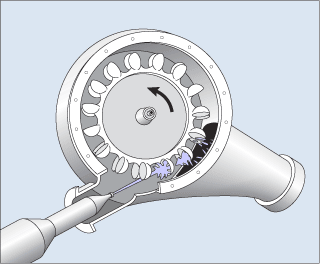
Research and development to establish a commercially viable locally-constructed Turgo turbine for low-cost renewable electricity generation in rural Nepal
PEEDA in collaboration with University of Bristol (UoB), Nepal Yantra Shala Energy (NYSE) and Turbine Testing Lab of KU (TTL) will execute the project. The project will be funded for 2 years by Energize Nepal (http://ku.edu.np/energizenepal/) Turgo turbines are reported to be reliable, robust and able to operate efficiently over a...
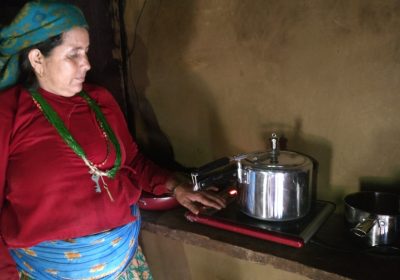
Assessment of Low Power Electric Cooking in Nepal
The project aims to assess alternatives for low power electric cooking in Nepal so that the increasing conventional fuelwood demand could be reduced to some extent. This project is implemented in the rural area of Nepal, focusing on the off-grid community. The project is supported by the University of Bristol....
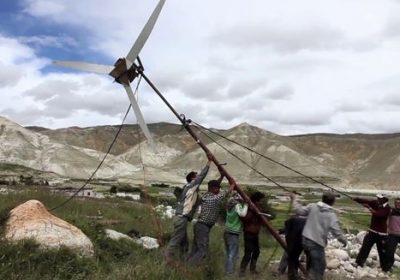
Village Electrification with wind turbine and solar power system in Nepal’s Upper Mustang region
The project is implemented by Energy, Environment Research and Development Centre (EERDC), together with People, Energy and Environment Development Association (PEEDA). This project aims to install a solar wind hybrid system for electrification of the 40 households in the village and a primary school named “Birendra Prathamik Vidhyalaya” which currently caters...
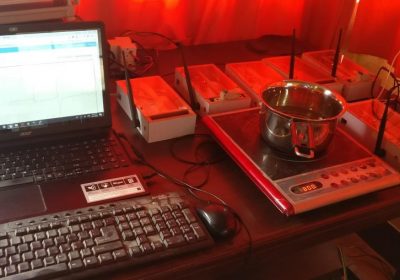
Methodology for Feasibility Study of Electric Clean Cooking Program in Rukum
Improving cooking is essential for developing countries like Nepal in reducing adverse human health and evnronmental impacts caused by burning firewood. This "Methodology for Feasibility Study of Electric Clean Cooking Program in Solabhang, Rukum " projects will identify all the necessary cooking requirements and their cooking behavior. Installation of different...
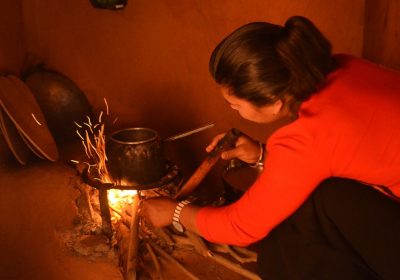
Assessing electric cooking potential in micro hydropower microgrids in Nepal
Access to clean cooking energy is a problem in Nepal especially for women because they are usually responsible for cooking. Improving women's time constraint through better infrastructure and technology is one of the priorities to enhance gender equality. Modern cooking stoves and fuels (LPG and electric cookers) can save women's...
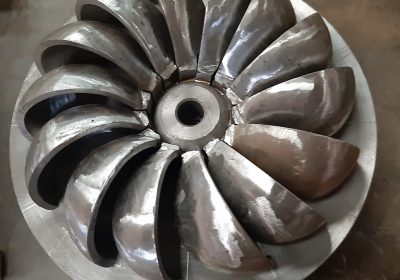
Upscaling locally manufactured Turgo Turbine: Dissemination and Demonstration
PEEDA in collaboration with Nepal Yantra Shala Energy (NYSE), Turbine Testing Lab, Kathmandu University (TTL, KU), University of Bristol (UoB), UK and Hydro Empowerment Network (HPNET) will be implementing the project. The project has been funded by Energize Nepal, Kathmandu University as an extension of previously conducted research on Turgo...
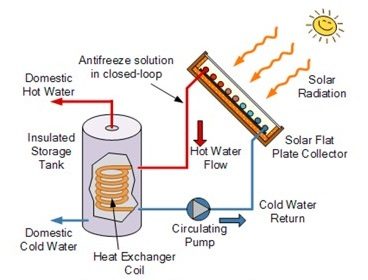
Climate change and livelihood initiative for pro-poor of Mustang district through effective dissemination of Solar Thermal Technology powering hot water facility
People living in the Mountain region rely heavily on conventional energy sources such as wood and animal dung for cooking, heating water and keeping the house warm. Recent trends in use of LPG and diesel as fuel has also increased. With the growing rate of tourists trekking along the Annapurna...
